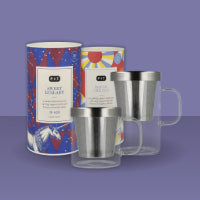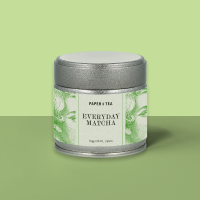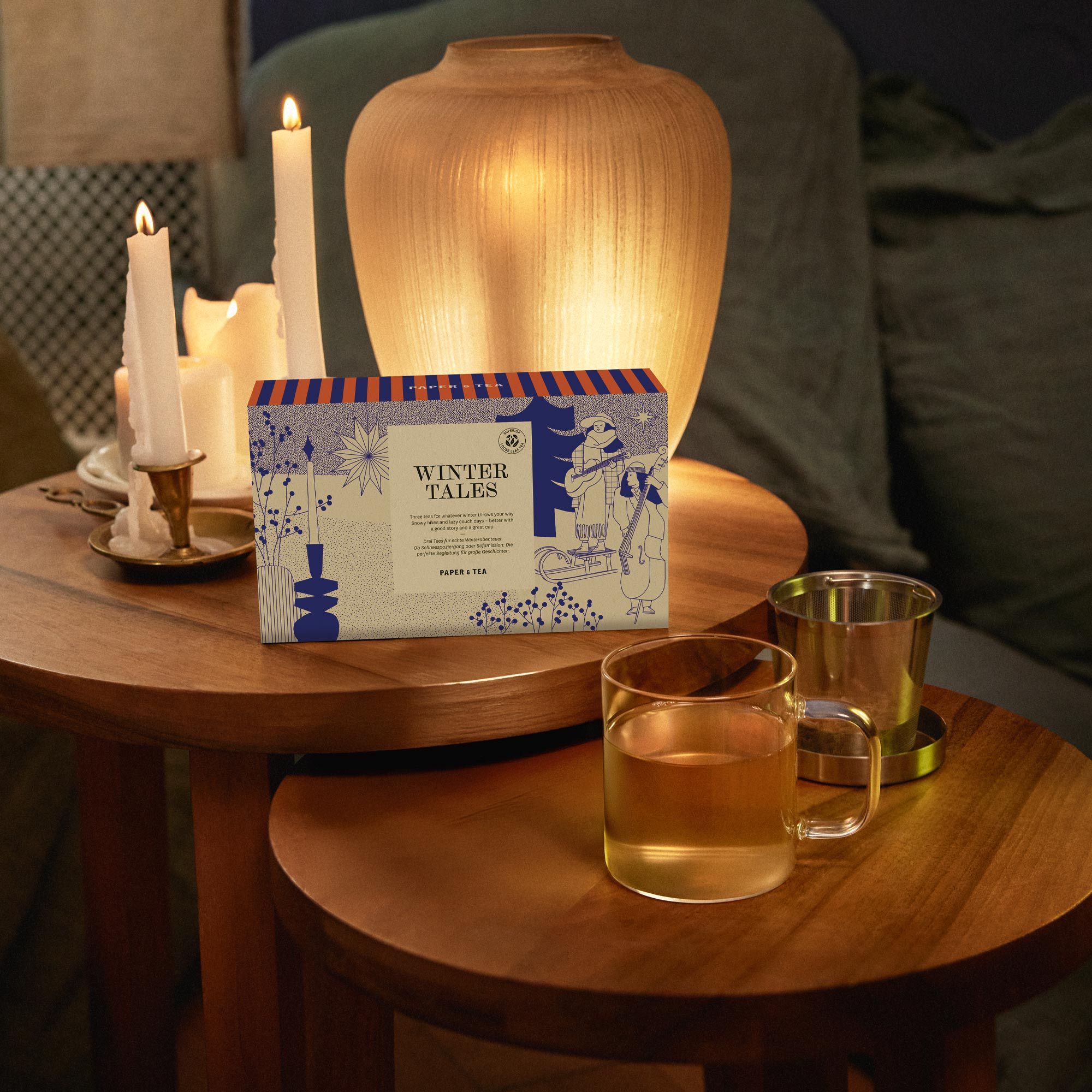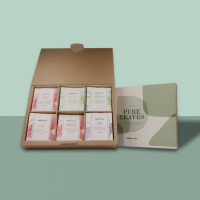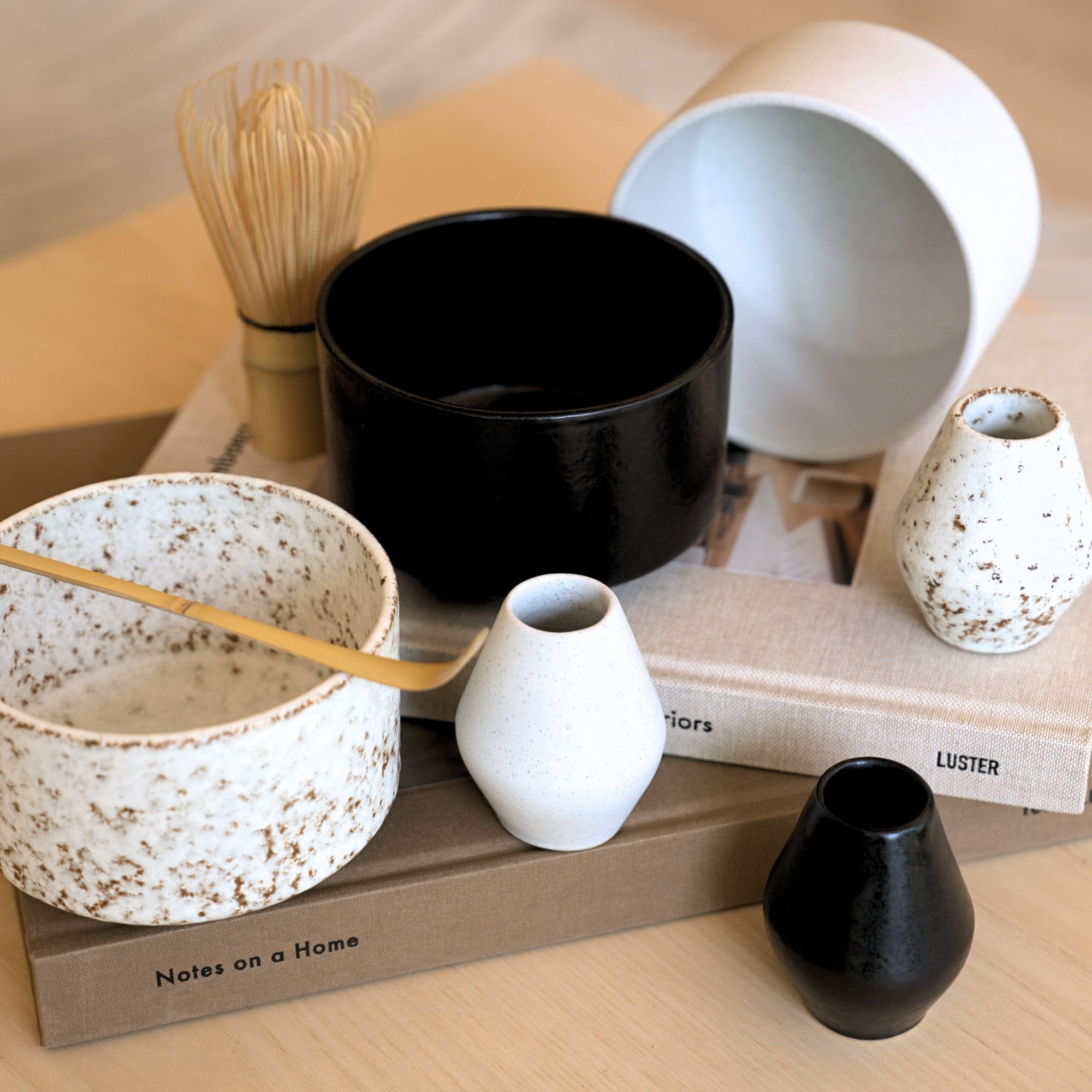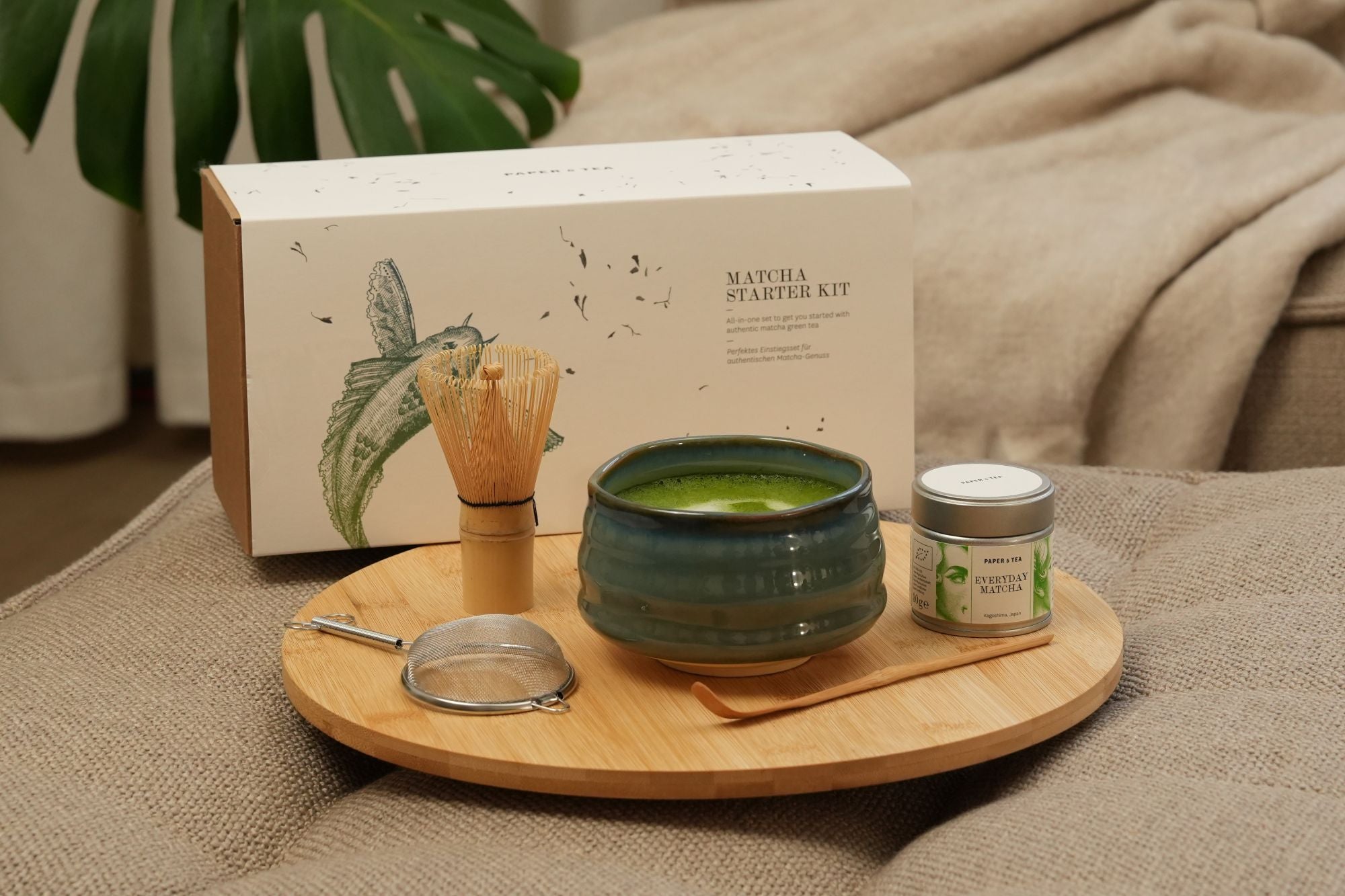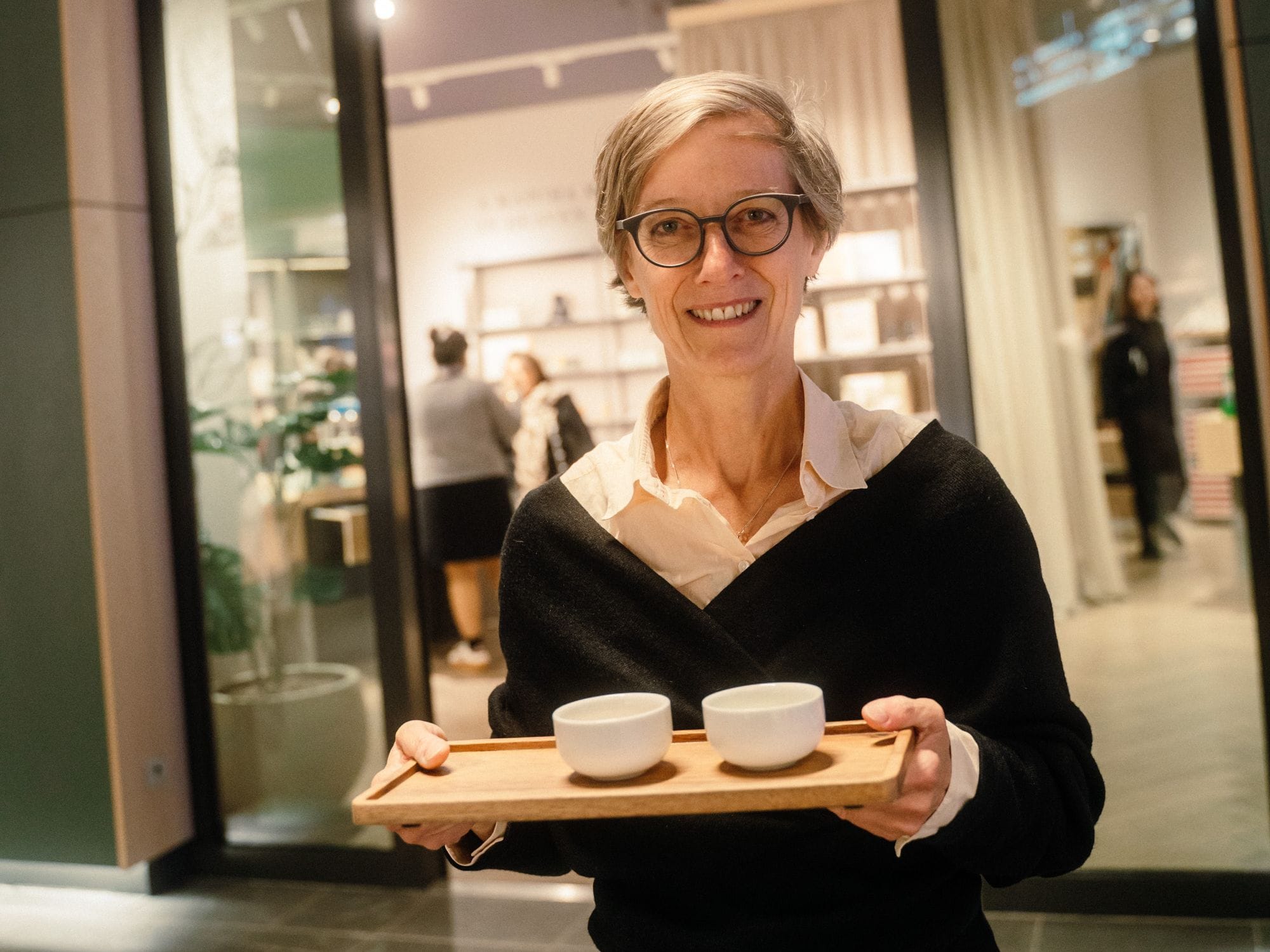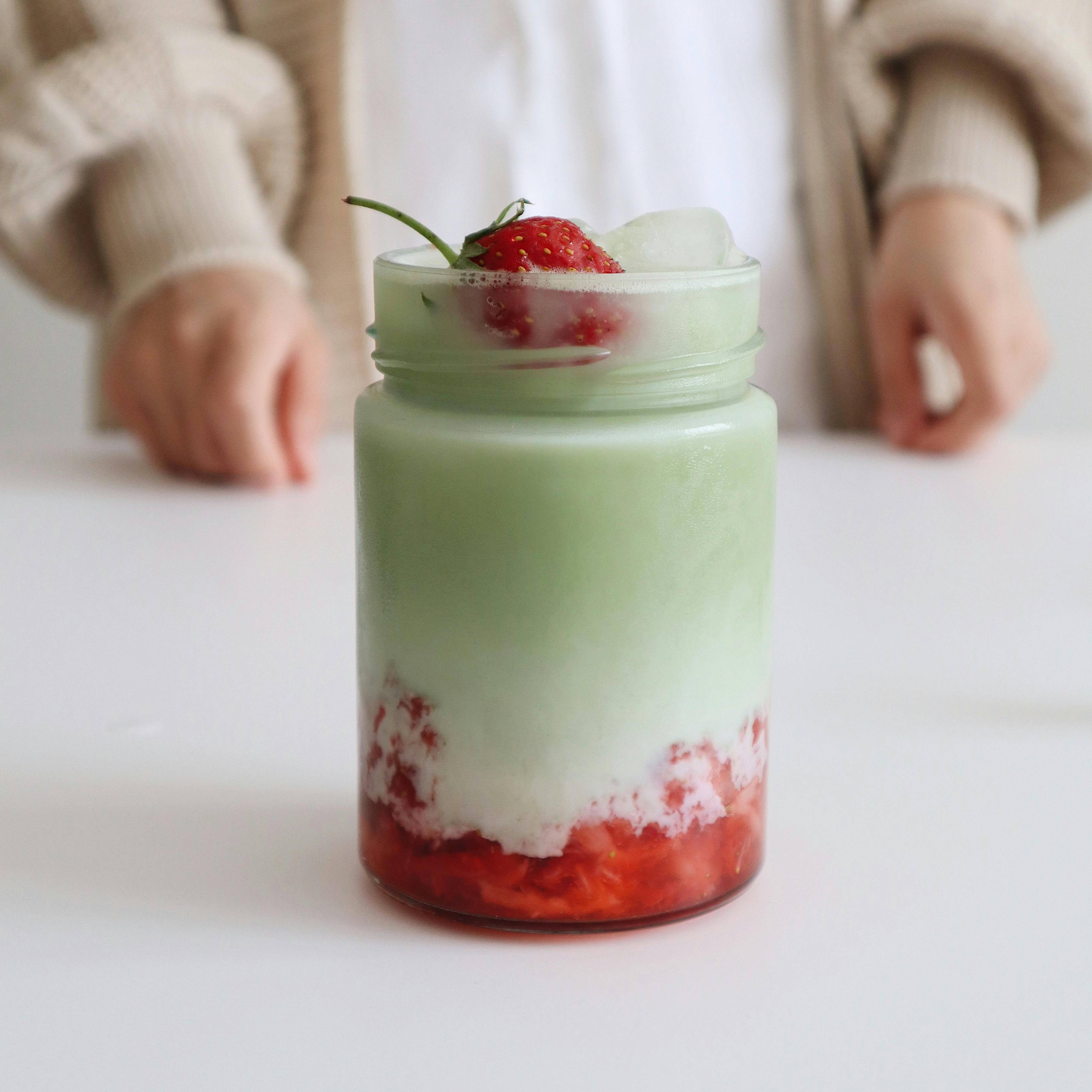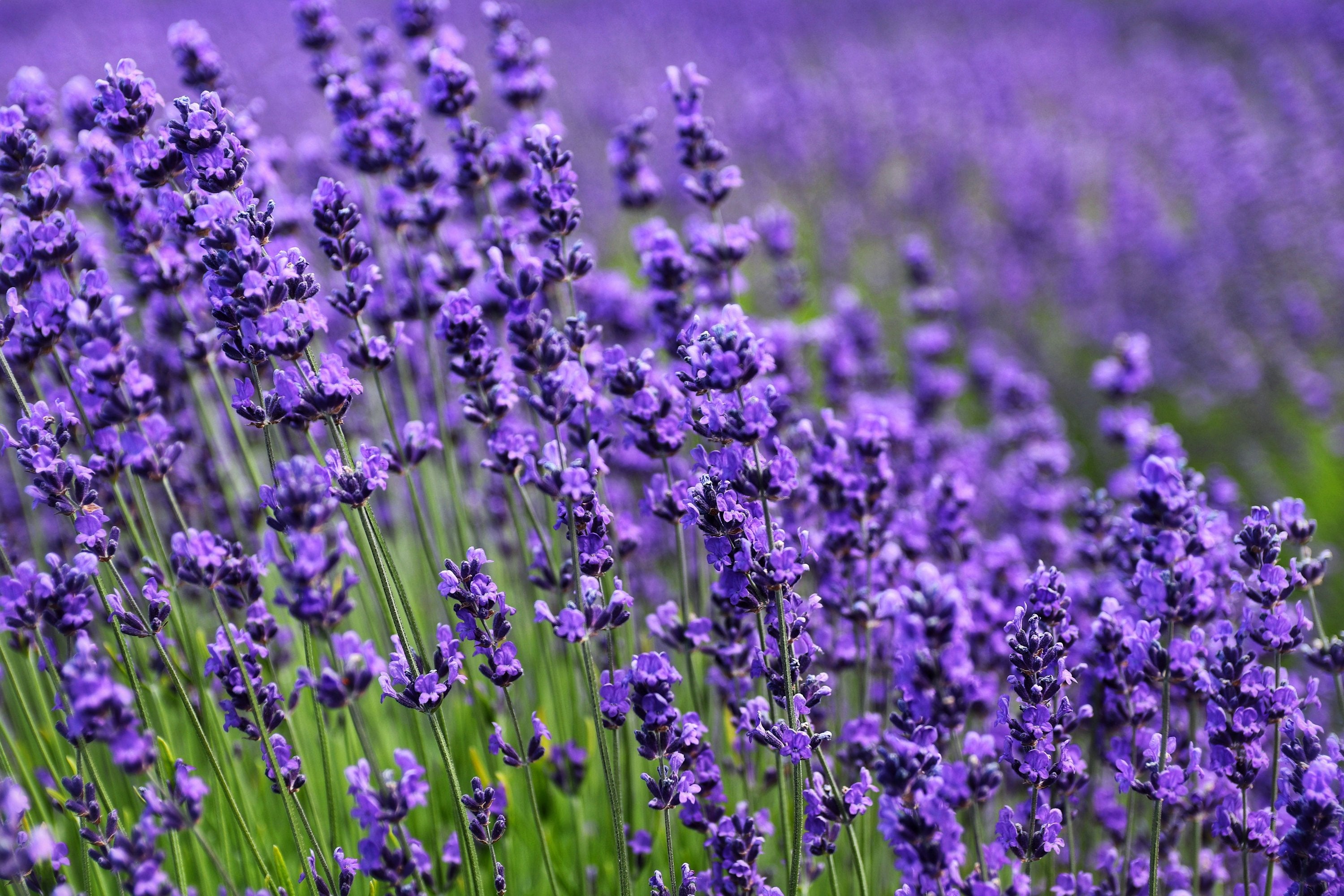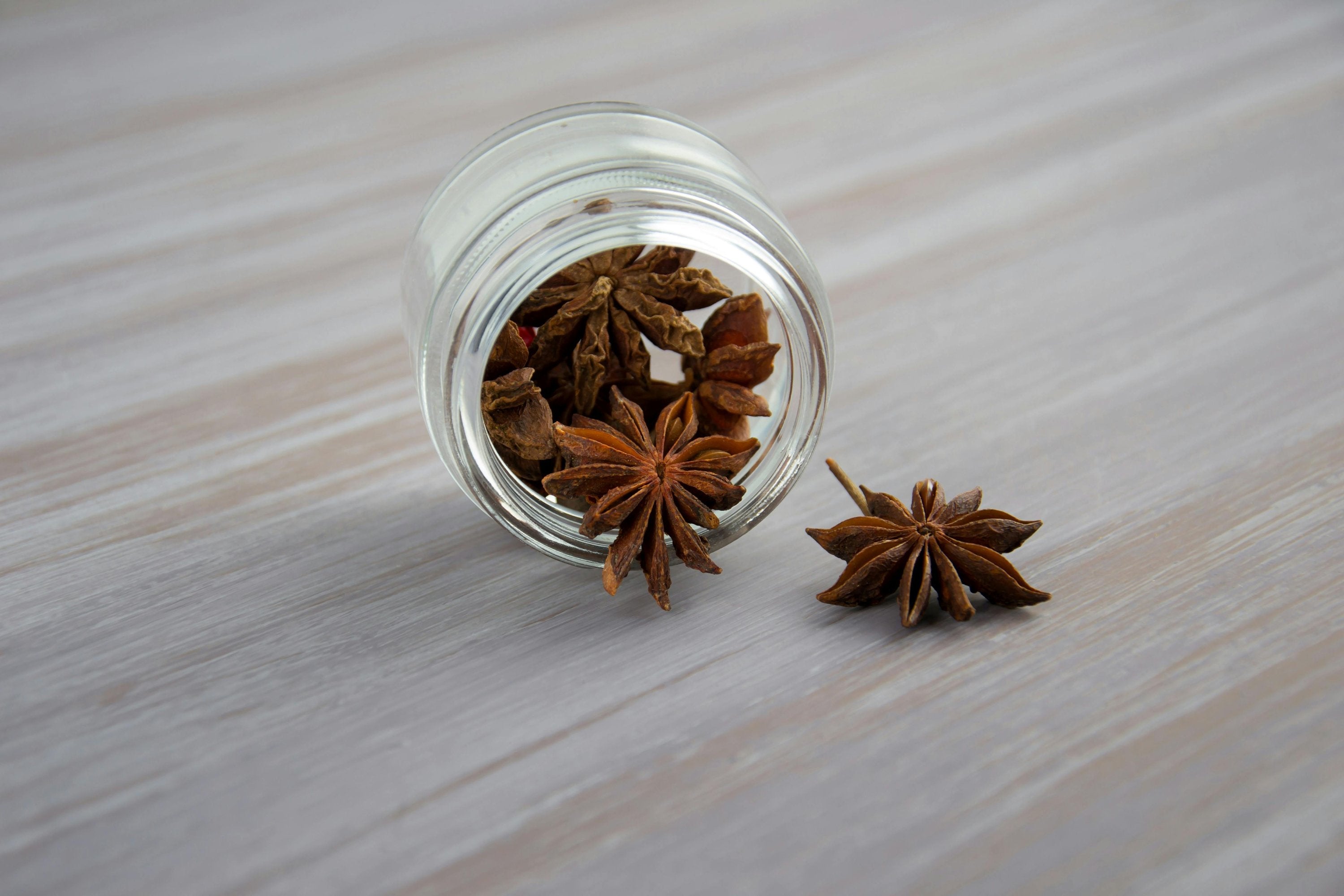Description
The distinctive aroma of cloves is due to their high concentration of essential oils, particularly eugenol, which imparts the intense flavour profile. In the culinary realm, cloves are favoured for adding depth and warmth to both savoury and sweet dishes. From festive treats like gingerbread to savoury creations in Indian and Asian cuisines, cloves enrich a wide array of recipes.
Historical Background
Cloves originate from the Maluku Islands, also known as the Spice Islands, in present-day Indonesia. They have been central to global trade for centuries, esteemed in Europe as far back as the Middle Ages. Once controlled by Arab traders, and later the Portuguese and Dutch, cloves were highly prized and sought after. Today, Indonesia, Madagascar, and Tanzania are the primary producers, ensuring this spice's global reach.
Fascinating Facts
- In traditional Chinese medicine and Ayurveda, cloves are valued for their diverse applications.
- In ancient China, cloves were chewed to freshen breath during significant meetings.
- Eugenol, the major component of clove oil, is commonly used in dentistry, particularly for its analgesic properties.
- Cloves can add an intriguing flavour to your tea. Combined with cinnamon and cardamom, they offer a spicy aroma perfect for the colder seasons.
- In Indonesia, cloves are a key ingredient in traditional cigarettes known as "kretek."
